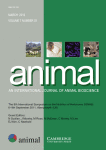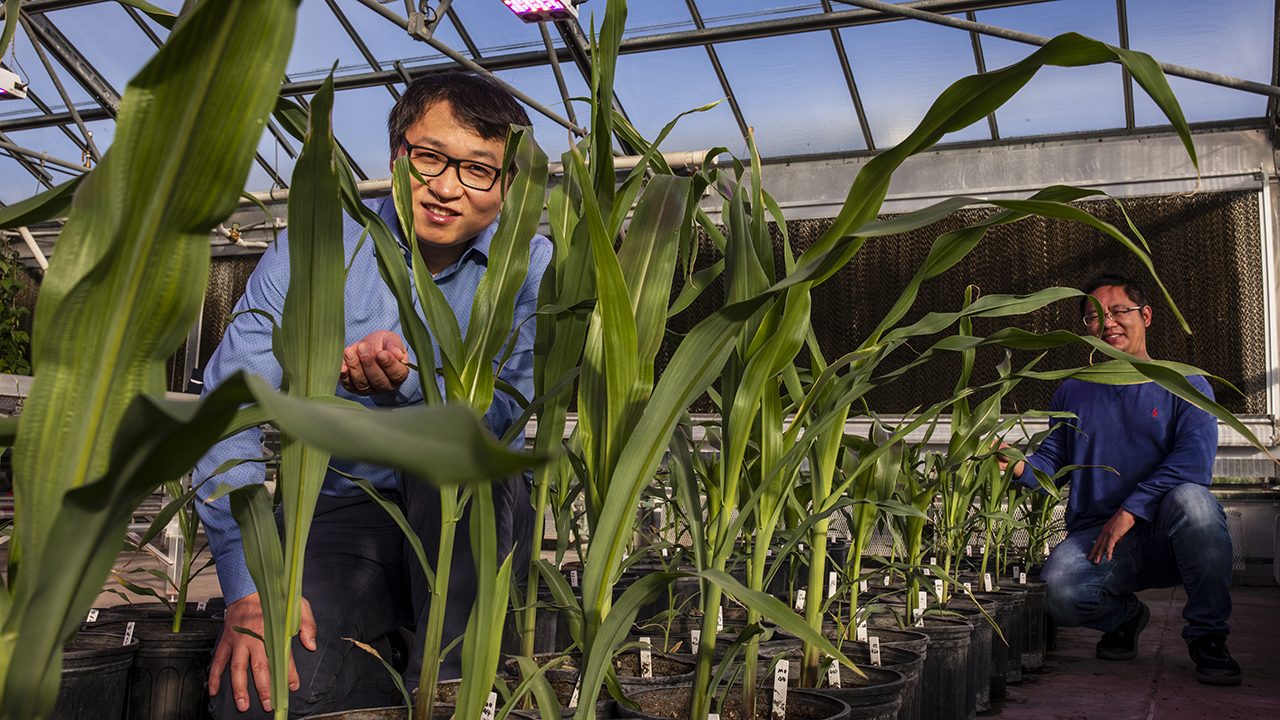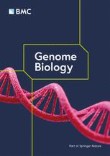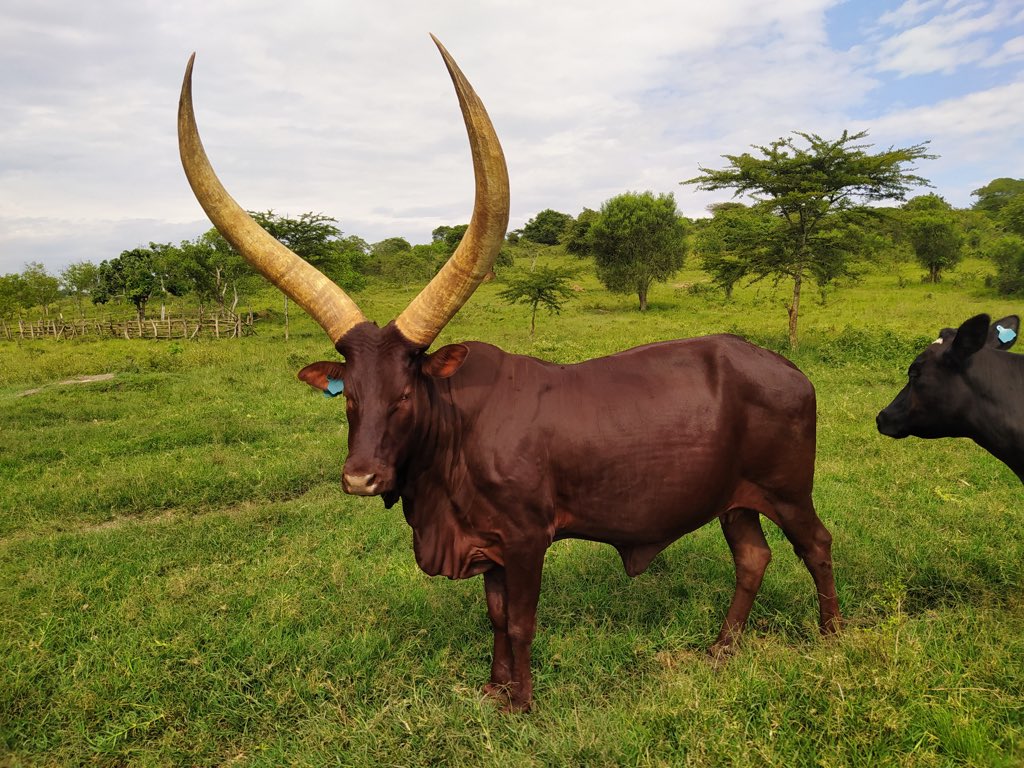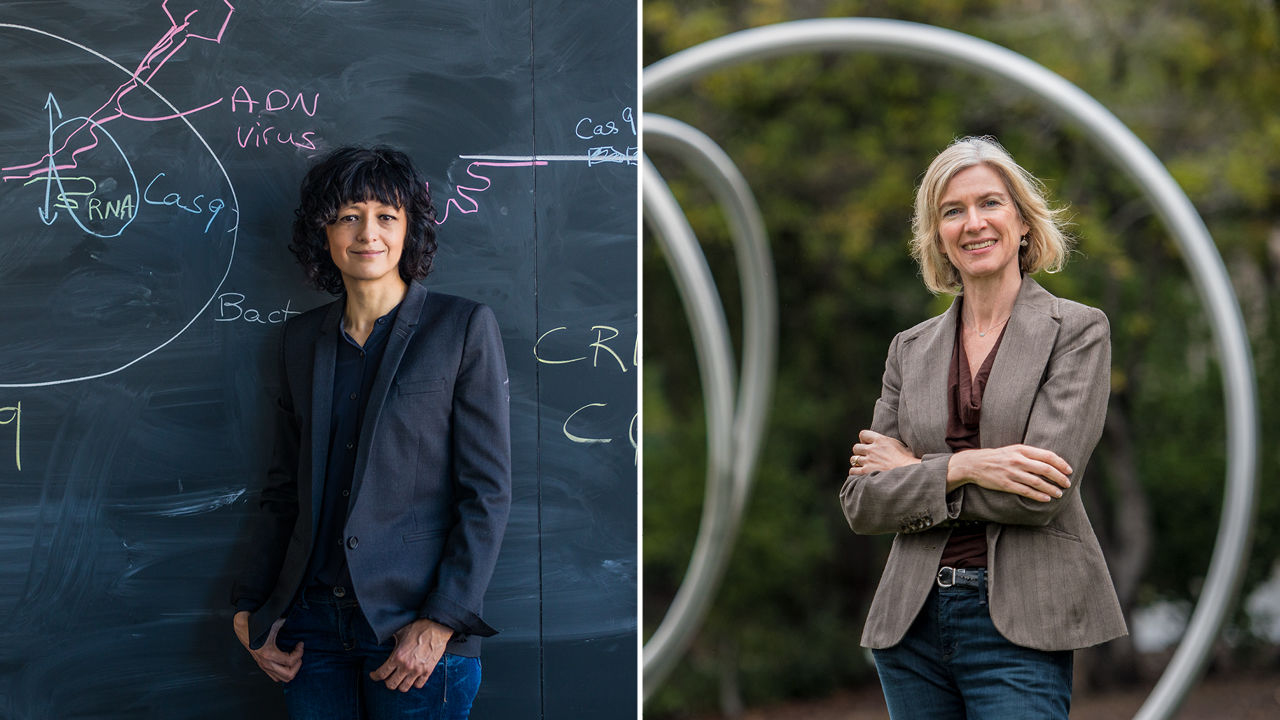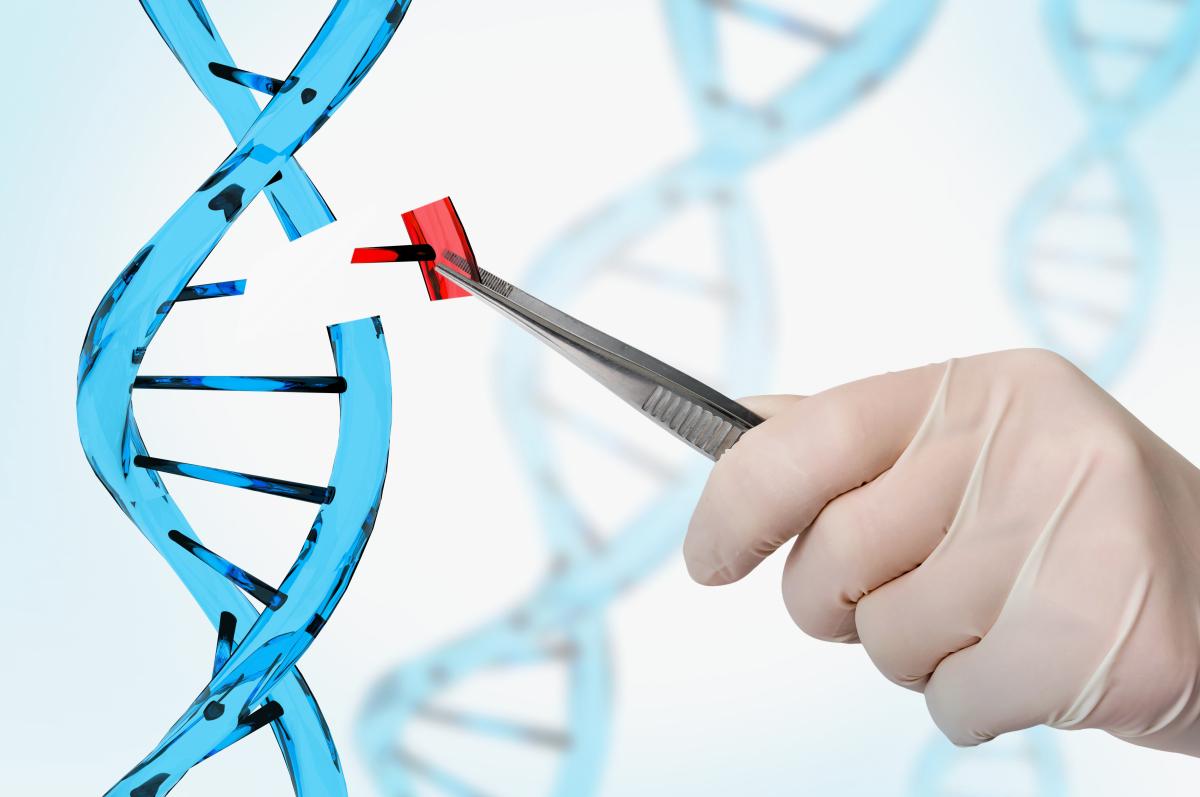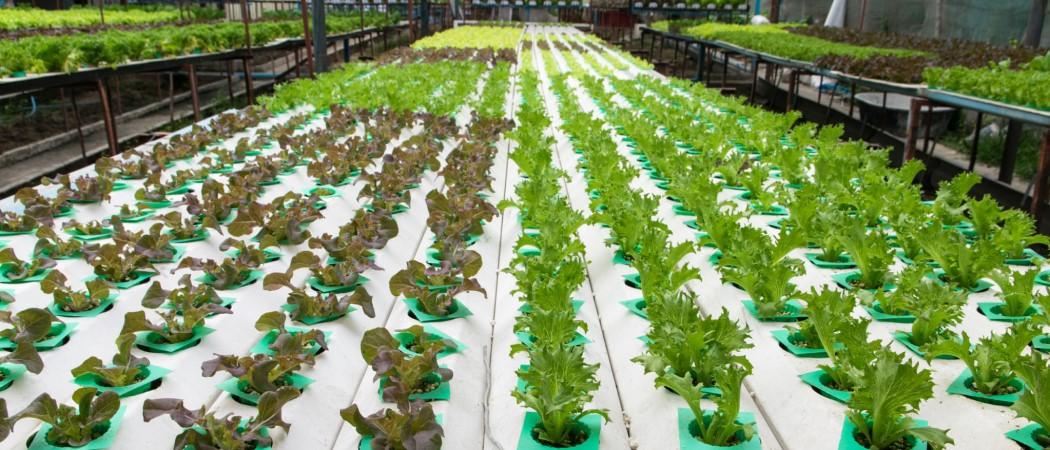12/11/2020 SOURCE: www.sciencedirect.com
The recently sequenced cattle (Bos taurus) genome unraveled the unique genomic features of the species and provided the molecular basis for applying a…
Cattle genomics and its implications for future nutritional strategies for dairy cattle
-
(0)
-
Bookmark
- Comments. (0)
 John LaRose Jr.
John LaRose Jr.
Topics: Corn/Maize, Agriculture US, Education U.S. MidWest, GMO's, Research, Genes /Genetics, World Population,
Team IDs differences in gene-related activity between ancient, modern
Nebraska's Jinliang Yang and colleagues have shown how activating and deactivating genes, rather than swapping them out or rewriting them, may have directed the evolution of modern-day corn.
-
(0)
-
Bookmark
- Comments (0)
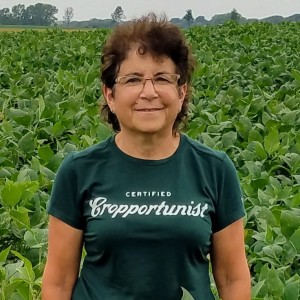 Nancy Kavazanjian
Nancy Kavazanjian
Topics: Ag Europe, Genes /Genetics, Biotech,
Engineering crops of the future: CRISPR approaches to develop climate-resilient and disease-resistant plants
To meet increasing global food demand, breeders and scientists aim to improve the yield and quality of major food crops. Plant diseases threaten food security and are expected to increase because of climate change. CRISPR genome-editing technology opens new opportunities to engineer disease resistance traits. With precise genome engineering and transgene-free applications, CRISPR is expected to resolve the major challenges to crop improvement. Here, we discuss the latest developments in CRISPR technologies for engineering resistance to viruses, bacteria, fungi, and pests. We conclude by highlighting current concerns and gaps in technology, as well as outstanding questions for future research.
-
(0)
-
Bookmark
- Comments (0)
 John LaRose Jr.
John LaRose Jr.
Topics: Livestock/Meat, Dairy, Lamb/Sheep, Sustainability, Beef Cattle, Goats, Research, Genes /Genetics, Ag Africa, Weather,
Doctor breeds better livestock for Africa - Alliance for Science
When Dr. Baker Bakashaba graduated from Uganda’s Makerere University Medical School in 2014, a close family friend gave him the gift of a cow. The generous gift rekindled Bakashaba’s desire to engage in livestock farming at his rural home in Western Uganda. Motivated by the kind gesture and his family’s farming background, he founded Novine […]
-
(0)
-
Bookmark
- Comments (0)
 John LaRose Jr.
John LaRose Jr.
Topics: Wheat, Corn/Maize, Rice, Cotton, Vegetables, GMO's, Cassava, Fertilizer, Genes /Genetics, World Hunger, Ag Africa, World Population,
Nigerian farmer chooses innovation for healthier crops, better harvests - Alliance for Science
Patience Koku knows better than most the damage that bollworms can cause to a textile industry. A former fashion entrepreneur, Koku watched in frustration as the pests devastated cotton crops across Nigeria, bringing the entire textile industry to its knees. Although the entrepreneurial farmer left fashion years ago to grow rice, soy, maize and vegetables […]
-
(0)
-
Bookmark
- Comments (0)
 John LaRose Jr.
John LaRose Jr.
Topics: Precision AG , Sustainability, GMO's, Ag Europe, Genes /Genetics, Ag Innovation, World Hunger, World Population,
Genetically modified soybean gains EU Commission approval
The European Commission authorised a genetically modified soybean for food and feed, but not cultivation, on Monday (28 September), paving the way for a full launch of the variety in the US and Canada in 2021.
-
(0)
-
Bookmark
- Comments (0)
 John LaRose Jr.
John LaRose Jr.
Topics: Agriculture Global, Sustainability, GMO's, Research, CRISPR/Gene Editing, Genes /Genetics, World Hunger, Government / Policies, World Population, Education,
CRISPR, the revolutionary genetic ‘scissors,’ honored by Chemistry Nobel
Selection of just two scientists will stir controversy, given patent fight over genome editor’s discovery
-
(0)
-
Bookmark
- Comments (0)
 John LaRose Jr.
John LaRose Jr.
Topics: GMO's, Research, CRISPR/Gene Editing, Genes /Genetics, World Hunger, World Population,
The Coming Medical and Agricultural Revolution—Genetic Editing
Some 6000 human diseases are caused by genetic errors—a mutation in a person’s genes that is inherited or caused by exposure to radiation or a toxic substance. Most of these are quite rare, but some affect large numbers of people. More than 100,000 people in the U.S. have inherited genes that cause sickle cell disease;...
-
(0)
-
Bookmark
- Comments (0)
 John LaRose Jr.
John LaRose Jr.
Topics: Pest Control, Sustainability, Research, Genes /Genetics, Ag Australia/NZ, Education,
Otago researchers help complete world first wasp genome project
In a world first, New Zealand researchers have sequenced the genome of three wasps, two of which are invasive wasps in New Zealand, paving the way for new methods of control for these significant pests.
-
(1)
-
Bookmark
- Comments (0)
10/24/2020 SOURCE: sciencebusiness.net
The EU should make use of innovative breeding technologies to boost sustainability of food production, agriculture ministers agreed on Monday, as they gave their stamp of approval to the European Commission’s ‘Farm to Fork’ plan to reduce the use of fertilisers by 30 per cent and turn 25 per cent of agricultural land over to organic farming. The ministers called for the use of “new innovative ingredients and techniques” to boost sustainable food production, as long as they are shown to be safe for humans, animals and the environment. This was with reference to precision breeding using gene editing, which enables genetically modified organisms to be generated without introducing genes from other species. As things stand, the technology cannot be used in the EU, following a 2018 ruling by the European Court of Justice, which founds genome editing is subject to the 2001 EU directive banning genetically modified organisms. Researchers in 120 institutes across Europe have asked the commission to reverse the court ruling, arguing precision breeding and genome editing are a speeded-up equivalent of traditional breeding techniques and could increase the genetic diversity of crop plants, reduce use of pesticides, and further the development of healthy food. Agriculture ministers want the commission to complete its study of the status of novel genomic techniques under EU legislation by April 2021. The commission’s view is that precision farming technologies should underpin the transition to eco-friendly food production. Frans Timmermans, the commission’s executive vice-president for the European Green Deal said the EU aims to give farmers the tools to adopt precision agriculture and to leverage scientific discoveries to optimise seeds. “That's how we limit our dependency on pesticides,” Timmermans told delegates at the EU Green Week conference last week. “Going to ecological farming doesn't mean we all have to munch on grass and live in caves, we need to use the latest technology to get us ther...
Member states want commission to decide on the use of gene editing in animal and plant breeding
-
(0)
-
Bookmark
- Comments. (0)


